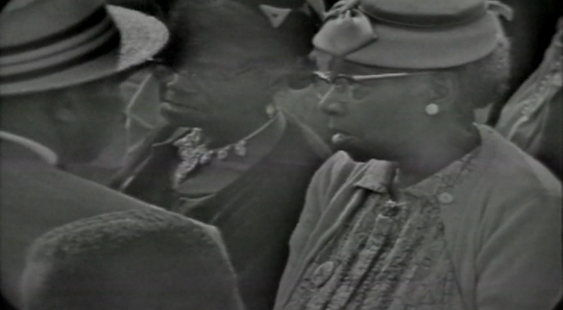BHM: Web Du Bois
Considered ahead of his time, Web Du Bois was an early champion of using data to solve social issues for the Black community, and his writing, The Souls of Black Folk, became required reading in African American studies.
Born in Great Barrington, Massachusetts, on February 23, 1868, Du Bois became the first person in his extended family to attend high school. In 1883, he began to write articles for papers like the New York Globe and the Freeman. He initially attended Fisk University in Nashville, a school for Black students, becoming an editor for the student magazine, The Herald.
After graduation, Du Bois attended Harvard University, starting in 1888. He eventually received advanced degrees in history in 1892 and later received his doctorate. His doctoral thesis, “The Suppression of the African Slave Trade to the United States of America”, became his first book and a standard in American education covering slavery.
After furthering his research in Philadelphia Du Bois took a position at the University of Pennsylvania in 1896 conducting a study of the city’s Seventh Ward. By conducting interviews door-to-door by Du Bois, mapped out the Seventh Ward and carefully documented the Black community’s greatest challenges such as poverty, crime, lack of education and distrust of those outside the community. This helped him get hired by the Bureau of Labor Statistics were he continued studying the black population and uncovered how slavery still affects the personal lives of African Americans.
In 1910 Du Bois began working at the newly formed NAACP. He served as the editor of the organization’s monthly magazine, The Crisis. The magazine was extremely influential – covering race relations and black culture with Du Bois’ forthright style, and his research is still studied to this day


